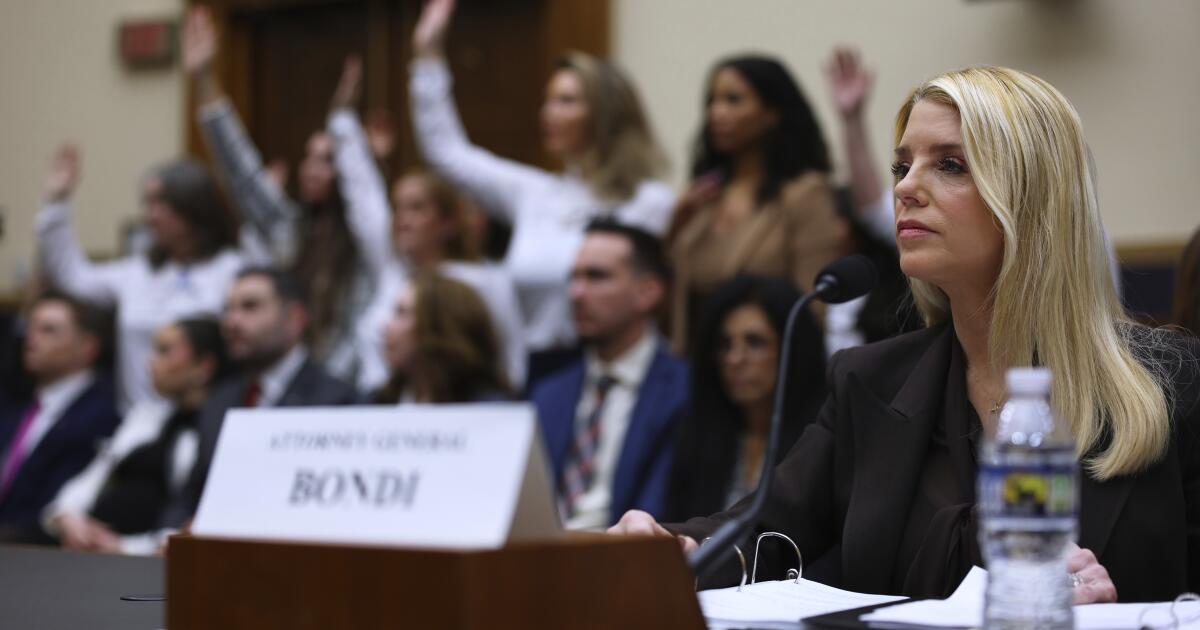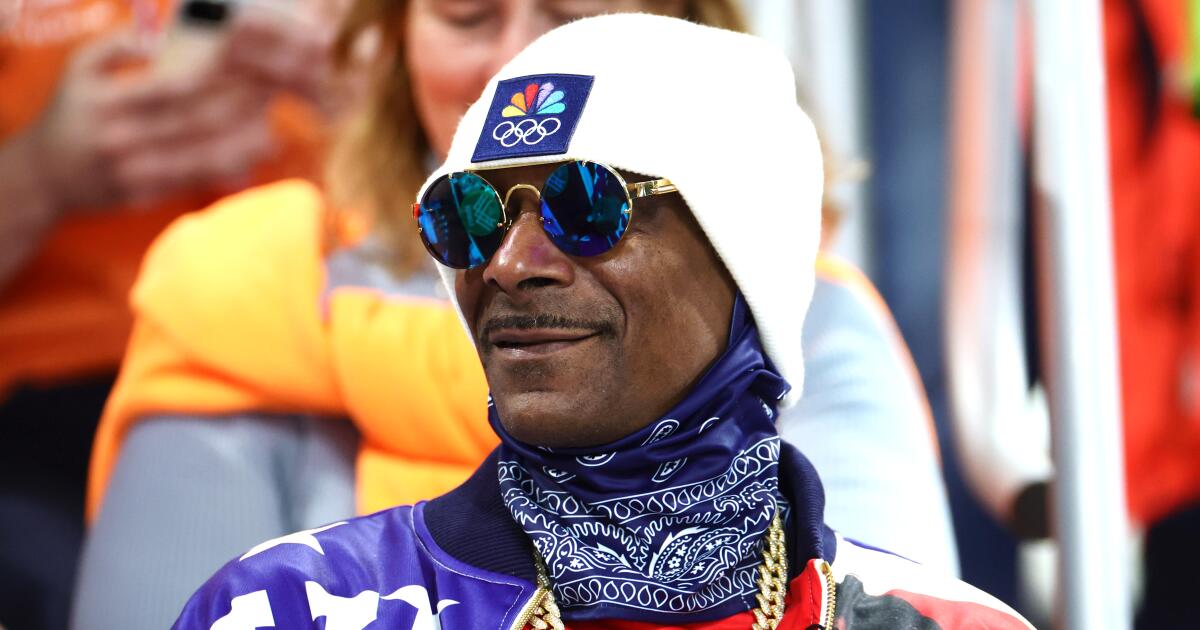Yes.
Average monthly grocery spending in Maine is more than $400 per person, according to data from the U.S. Bureau of Economic Analysis.
The bureau tracks per-capita spending on various consumer goods and services in each state. It found Mainers spent $5,337 per person annually — or $444.75 per month — on groceries in 2024, the most recent year for which data is available.
The spending category is designated by the bureau as “food and beverages purchased for off-premises consumption.” It includes grocery and convenience store purchases but excludes purchases at restaurants, including takeout.
Maine’s per-capita grocery spending increased by 1.8% in 2024 from the previous year and has risen by 57% since 2014, according to the bureau. The data reflects individual spending and is not necessarily a measure of grocery prices.
Nationally, the highest per-capita monthly grocery bill in 2024 was $625.33, in the District of Columbia, while the lowest was $273.17 in Oklahoma.
This fact brief is responsive to conversations such as this one.
The Maine Trust for Local News partners with Gigafact to produce fact briefs — bite-sized fact checks of trending claims. Read our methodology to learn how we check claims.



























![“Redux Redux”: A Mind-Blowing Multiverse Movie That Will Make You Believe in Cinema Again [Review] “Redux Redux”: A Mind-Blowing Multiverse Movie That Will Make You Believe in Cinema Again [Review]](https://i1.wp.com/www.thathashtagshow.com/wp-content/uploads/2026/02/Redux-Redux-Review.png?w=400&resize=400,240&ssl=1)
![“Redux Redux”: A Mind-Blowing Multiverse Movie That Will Make You Believe in Cinema Again [Review] “Redux Redux”: A Mind-Blowing Multiverse Movie That Will Make You Believe in Cinema Again [Review]](https://i1.wp.com/www.thathashtagshow.com/wp-content/uploads/2026/02/Redux-Redux-Review.png?w=80&resize=80,80&ssl=1)






